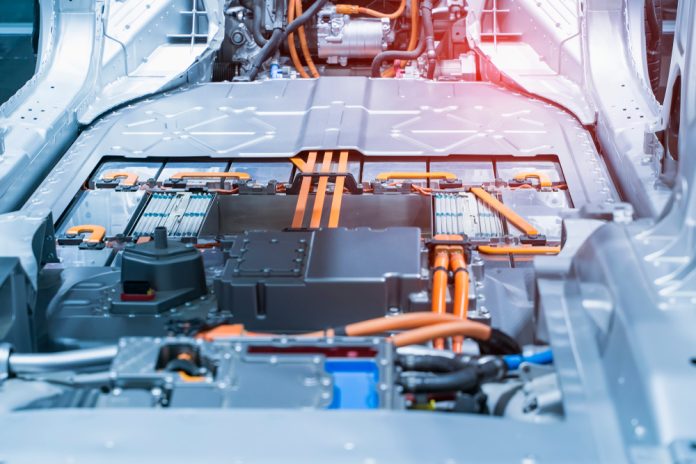The United States Department of Energy (DOE) has announced $44.8m in funding for eight innovative projects aimed at reducing the costs associated with EV battery recycling.
This investment, funded through the Bipartisan Infrastructure Law (BIL), is intended to foster a sustainable and resilient domestic supply chain for lithium-ion batteries as demand for EVs continues to surge. With EV sales in the US now topping four million, recycling end-of-life batteries is critical to reducing costs and enhancing resource efficiency.
US Secretary of Energy Jennifer Granholm explained: “The United States is securing a resilient domestic battery supply chain, thanks to the Biden-Harris Administration’s historic investments in innovation and battery recycling efforts.
“Finding new life for used batteries will significantly reduce pollution and our reliance on other nations while lowering costs and supporting the clean energy transition.”
Transforming EV battery recycling: Key projects funded
The selected projects, overseen by DOE’s Vehicle Technologies Office, will drive research and development into effective recycling methods and new applications for used EV batteries.
Building on previous investments totalling $92m, this latest round of funding aligns with US climate goals, which include making EVs half of all US vehicle sales by 2030.
In California, B2U Storage Solutions will receive $3.46m to develop a low-cost, fire-resistant, and reusable system for safely transporting used and defective EV batteries.
This stackable transport system is designed to lower the costs associated with moving used batteries to recycling facilities, addressing one of the key cost factors in EV battery recycling.
In Illinois, Caterpillar Inc. has been awarded $5.04m to design and build a new battery pack specifically for non-light duty, off-highway vehicles. This improved design will simplify dismantling and speed up the recycling process, reducing labour and transportation costs.
General Motors, in Pontiac, Michigan, will use its $8m grant to demonstrate an automated system that can sort and safely handle end-of-life EV batteries. This innovative approach will allow recyclers and mechanics to manage batteries more efficiently.
Enhancing battery diagnostics
California-based ReJoule Incorporated will receive $6.32m to scale up a battery diagnostic system that can assess safety hazards, detect defects, and ensure system integrity in used EV batteries.
In New York, the Rochester Institute of Technology secured $7.1m to demonstrate a machine learning-based process for assessing battery condition. This system will semi-automate battery disassembly, streamlining the process and accelerating EV battery recycling.
Siemens Corporation, in Princeton, New Jersey, was awarded $8m to explore automated disassembly methods for EV batteries, applying learnings toward designing future batteries that are easier to take apart.
Developing localised recycling solutions
Tennessee Technological University has received $4.87m to create mobile preprocessing hubs that can dismantle and shred EV batteries at local collection sites. These hubs are expected to simplify the EV battery recycling process and reduce transportation-related costs, making recycling accessible to more communities.
Meanwhile, the University of Akron in Ohio was awarded $2m to develop technology for recycling plastics and polymers from EV battery packs. This initiative aims to recover plastic components, which are often discarded, and repurpose them into raw materials for new battery production.
This latest funding round represents the second phase of a $200m commitment to EV battery recycling, with a $70m third phase recently announced.
As the DOE ramps up efforts to build a robust battery recycling infrastructure, these projects are setting the stage for a sustainable future in EV manufacturing and clean energy, bolstering the nation’s position as a global leader in green energy solutions.









